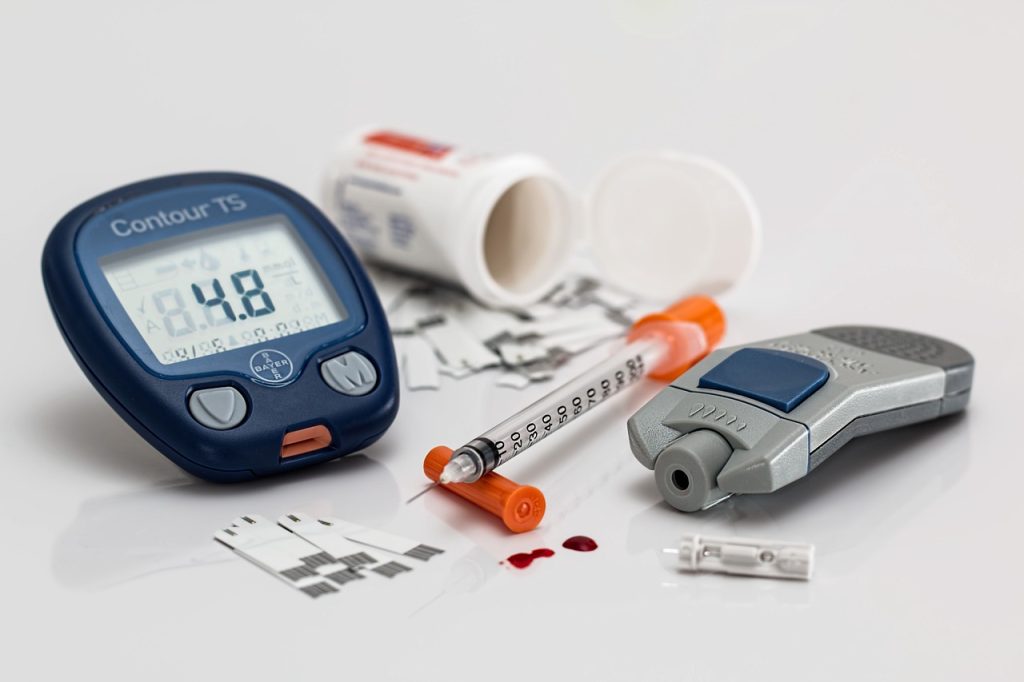
Here is the truth
Diabetes affects millions worldwide, yet misconceptions about the disease are as widespread as its impact. These myths can create confusion and hinder effective management of diabetes. Let’s clarify and debunk the top five myths about diabetes, using evidence-backed information to shed light on the truth.
Myth 1: Eating Too Much Sugar Causes Diabetes
Debunked: It’s a common belief that consuming too much sugar directly causes diabetes, particularly type 2. However, the truth is more complex. While a diet high in calories from any source contributes to weight gain—and increased body weight is a risk factor for diabetes—sugar alone isn’t the culprit. Type 1 diabetes is caused by genetics and immune system factors, while type 2 diabetes involves a combination of genetics and lifestyle factors. The American Diabetes Association emphasizes the importance of an overall balanced diet to help manage blood sugar levels.
Myth 2: Diabetes is Not a Serious Disease
Debunked: If only that were true. Diabetes is a serious medical condition that requires constant care. If not properly managed, it can lead to significant health issues, including heart disease, stroke, kidney failure, and vision impairment. The World Health Organization labels diabetes as a major cause of premature death, highlighting the need for awareness and effective management of the disease.
Myth 3: People with Diabetes Shouldn’t Eat Carbohydrates
Debunked: Carbohydrates are often seen as the enemy for diabetes patients, but they’re an essential part of a healthy diet. The key is choosing the right kind of carbohydrates. Complex carbohydrates, such as those found in whole grains, fruits, vegetables, and legumes, have a more gradual effect on blood glucose levels. Diabetes UK advises incorporating healthy carbs into meals, as they provide essential nutrients.
Myth 4: You Can Cure Diabetes by Losing Weight
Debunked: Many believe that type 2 diabetes can be cured through weight loss. While it’s true that losing weight can significantly help manage the condition and reduce the risk of complications, it is not a cure. Type 2 diabetes is a lifelong condition that requires ongoing attention to diet, physical activity, and sometimes medication to manage healthily. The NIDDK recommends maintaining a healthy weight as part of an overall management plan.
Myth 5: If You Have Diabetes, You Need to Eat Special Diabetic Foods
Debunked: The market is flooded with “diabetic” foods promising to be beneficial for blood sugar management. However, the American Diabetes Association suggests that a healthy, balanced diet rich in nutrients and low in processed foods and sugars is the best approach for managing diabetes. Special diabetic products are often expensive and no more effective than naturally healthy foods.
Conclusion
Understanding diabetes is crucial for managing it effectively. Dispelling myths and spreading the truth can empower those affected to lead healthier lives. It’s important to consult healthcare providers and rely on proven, scientific guidance to manage diabetes.
By confronting these myths, we hope to inspire a more informed public discourse about diabetes and encourage those impacted by it to take proactive steps toward their health management.

